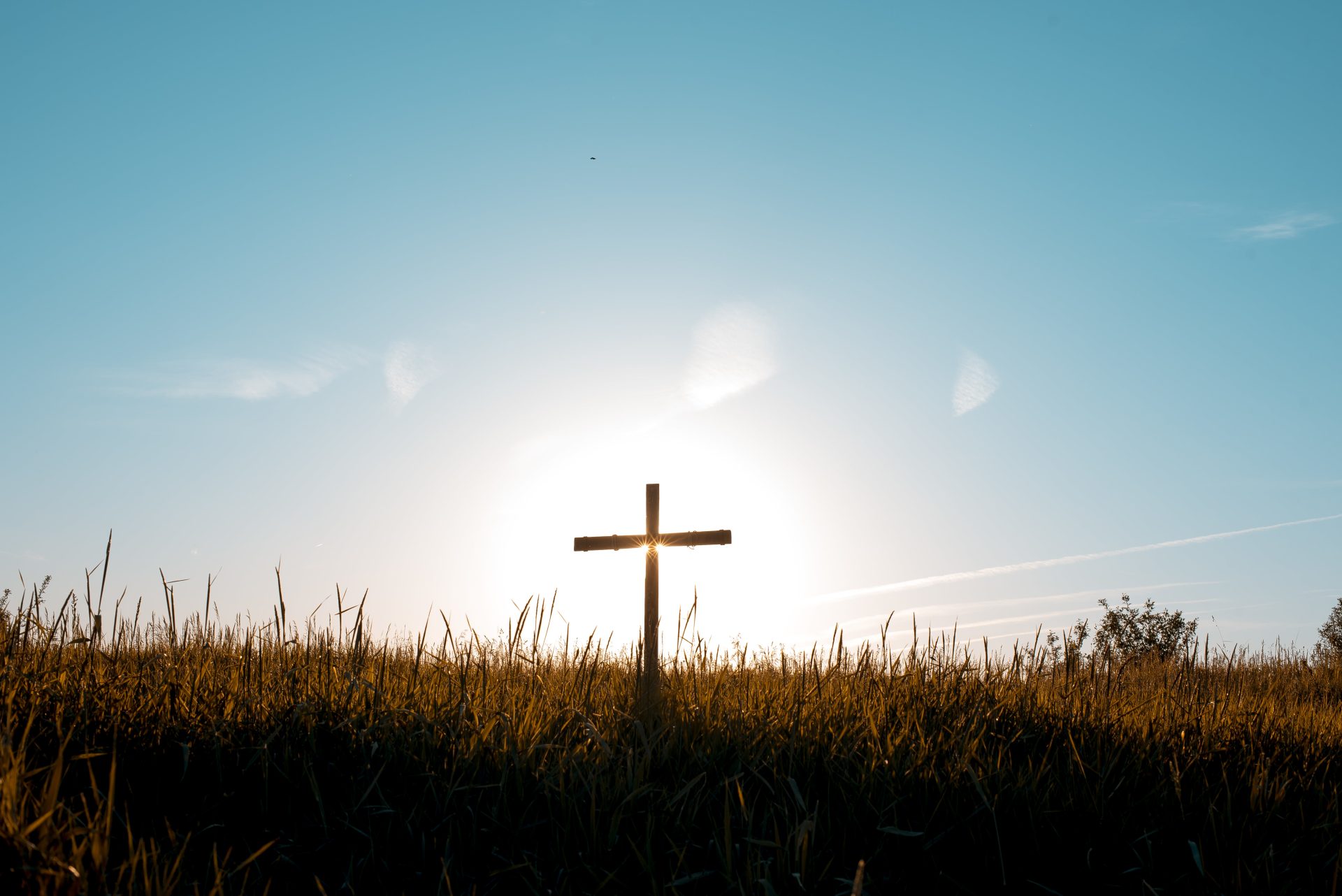
“We are contemplatives, and we are activists. We delight in creation’s song and compassionately respond to creation’s cry. We practice a slow-paced “ecological spirituality” of reflection and prayer, and we practice fast-paced activism to match the urgency of the crisis.”
The “Laudato Si’ charism” of LSM embodies an intrinsic paradox, an inherent tension. On one hand, we need to be very grounded in the slow-paced “ecological spirituality” proposed by Pope Francis (LS 216), which nourishes us in this challenging journey. On the other hand, we must scale up our activism and campaigning to drive “decisive action, here and now” (LS 161), in line with the dramatic urgency of the ecological crisis. We must go slow. And we must go fast. We are contemplatives. And we are activists. We strive to be mystics. And we strive to be prophets. We strive to be. And we strive to do.
This slow-fast paradox is the natural response to the other paradox of “Creation’s Song and Creation’s Cry” that we reflect upon in LSM’s Laudato Si’ Retreats. It mirrors St. Paul’s invitation to “rejoice with those who rejoice, weep with those who weep” (Romans 12:15). That is to say, the sublime beauty of God’s message in Creation (Creation’s Song) invites us to slow down and develop an “ecological spirituality”, to join the choir of Creation in praising God. On the other hand, becoming “painfully aware” (LS 19) of Creation’s heartbreaking cry, that collection of human and non-human cries driven by the ecological crisis, leads us to fast-paced activism to drive decisive action at all levels to tackle this crisis with the extreme urgency it requires.
We must embrace this paradox, which is not a contradiction forcing us to choose one over the other one. This tension has been part of the life of the Church since antiquity, as addressed by saints and scholars describing the Vita Contemplativa and the Vita Activa (contemplative and active life). In fact, many have reframed this tension as a fruitful duo, Mysticism and Prophecy, which mutually enrich each other.
The need for a slow-paced eco-spirituality
We need to slow down for several reasons: to make time for stillness and silence, which are essential to deepen our “ecological conversion”; to regenerate ourselves, as activism is tough on our bodies and souls; and to break the “rapidification” logic (LS 18) of modern society, which is at the core of the ecological crisis.
The need for fast-paced activism
On the other hand, we need to speed up and catch up with the ever-accelerating ecological crisis we face. “Our house [our common home] is on fire”. The only acceptable response to a house on fire is an extremely quick and decisive response to get as many water buckets poured into the fire as possible, in the least amount of time. Every minute that is lost means that irreversible damage is inflicted to this home and its inhabitants, God’s creation, the poor and future generations.
At LSM we have a big responsibility. The combined potential of the Laudato Si’ treasure and the size of the Catholic community is gigantic. We must leverage this potential and put it to good use as quickly as possible, and at the largest scale possible.
Even Slower, Even Faster: The paradox will deepen as the crisis worsens
More of both will be needed as the ecological crisis continues to worsen. We will need to slow down even more, to deepen our ecological conversion and regenerate ourselves. And we will need to accelerate our efforts even more, to keep up with the ever-accelerating ecological crisis.
Rather than needing to go slow and fast, as stated in the introduction, we need to go slower and faster.






I understand the paradox and it is a motivating concept!